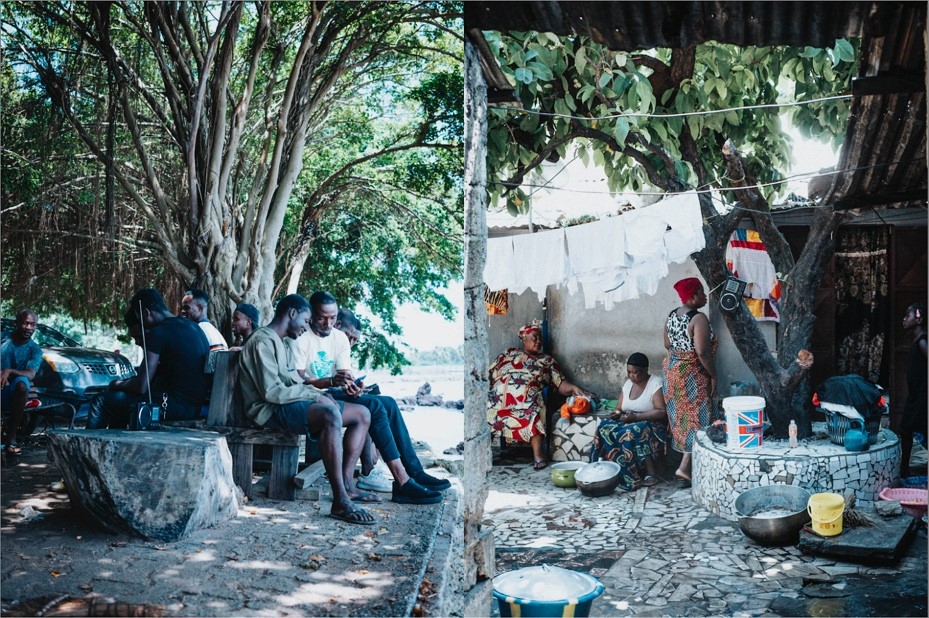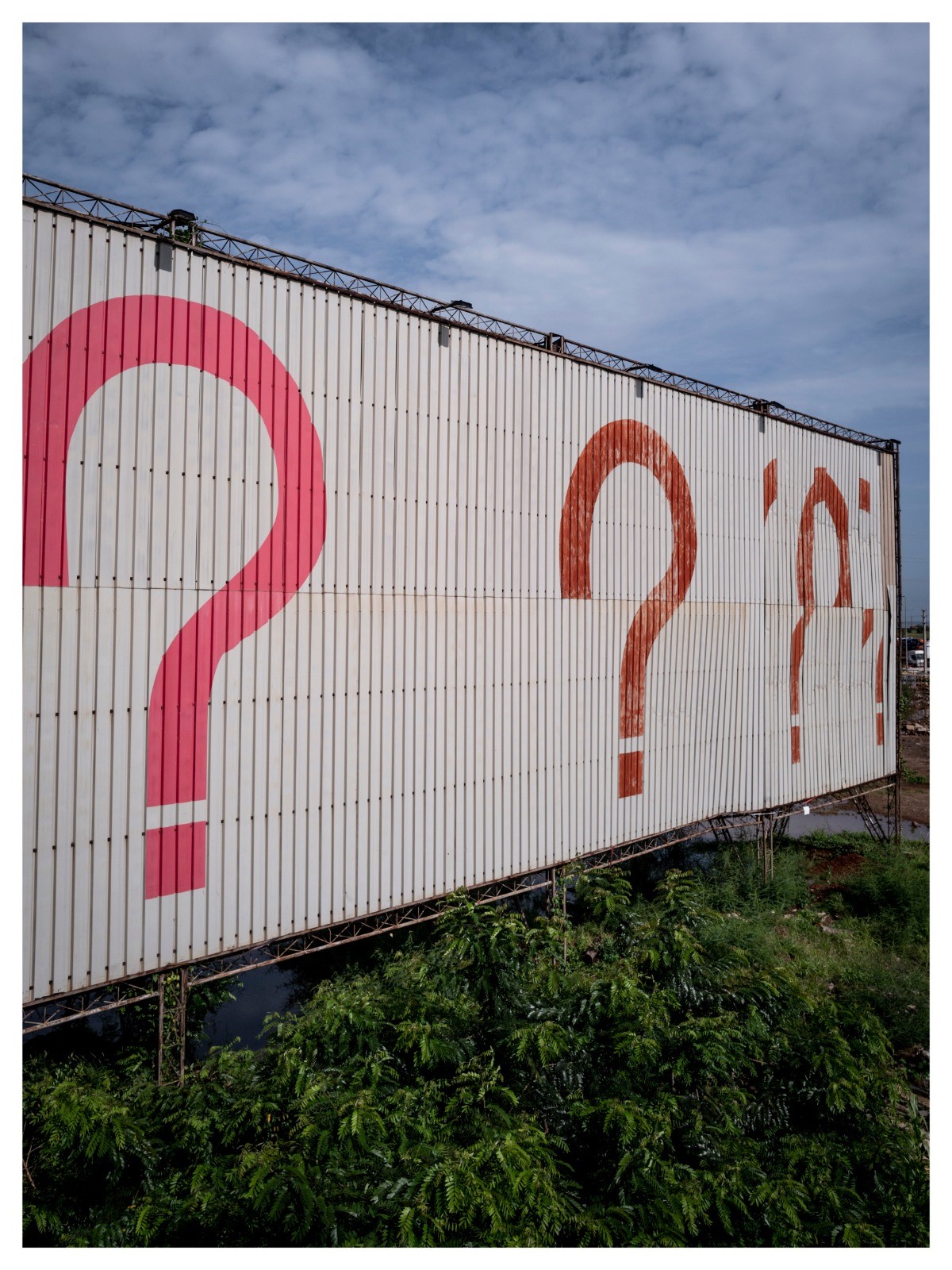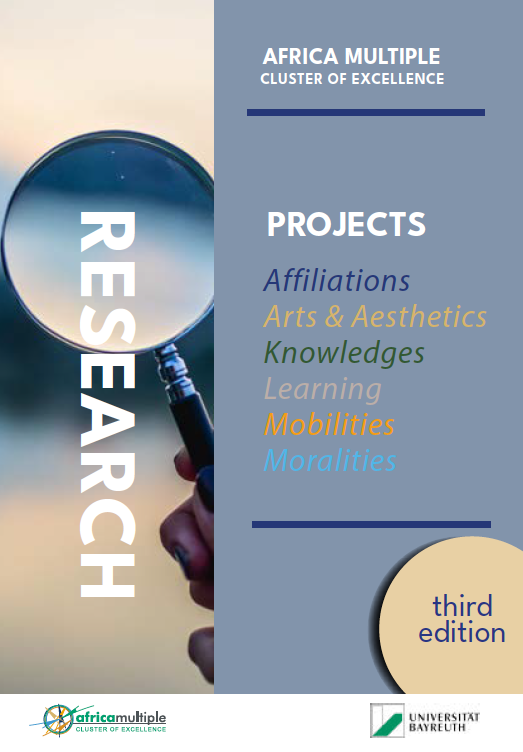Politics of the Unknown. Conspiracism and Conflict
-
Research Section: Moralities
-
Project duration: 01.03.2021 - 31.12.2025
Summary
The Junior Research Group “Politics of the Unknown. Conspiracism and Conflict” revolves around the question of how political conflicts shape, and are shaped by, different perceptions of truth and reality. The project consists of several case studies zooming in on contexts of particular uncertainty. Saïkou Sagnane and Kingsley Jima, for instance, focus their PhD research on the Guinean coup d’état in 2021 and the ongoing Nigerian media debate on banditry (the so-called “unknown gunmen”) in the country’s Northwest, respectively. In Guinea, Joschka Philipps leads an interdisciplinary team of researchers and artists concerned with the broader history of Guinea, fraught with real and imagined neo-colonial conspiracies against Guinea’s First Republic under Sékou Touré. He is also co-writing the auto-biography of Nana Barry, a former political broker in Conakry who now lives in France.
The overall research agenda is to study, depict, and capture everyday political situations in which people and political actors are confronted with political realities that are too inaccessible to be known and too significant to be ignored. Whether this concerns secrets, suspicions or rumors that circulate about a given event, the difficulty of distinguishing between true or false information on social media, or the ways in which power is imagined and situated in an increasingly uncertain and multipolar geopolitical context, the project highlights how questions of truth become a battleground in situations of conflict.
Key Questions
- How do political conflicts shape, and how are they shaped by, different perceptions of truth and reality?
- How do people make sense of political issues that are too inaccessible to be known and too significant to be ignored or left uncertain?
- What information and what media are trusted, or discarded, and for what reasons?
- What concerns underlie people’s conceptions of overarching political orders? How are these conceptions mobilized in political dynamics of contestation and polarization?
- How can concepts such as “post-truth” politics, “conspiracy theories”, or “fake news” be studied as concrete issues and lived social realities, rather than as abstract and judgmental accusations?
- How do the social sciences and the arts approach uncertainty differently? What is it that images can do which text cannot, and vice versa?
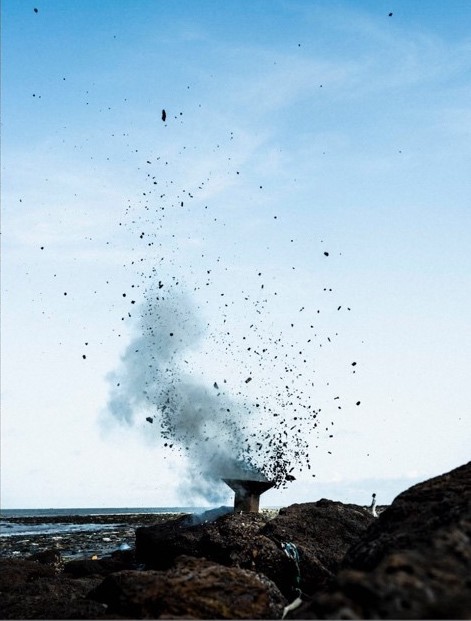
Exploding milk can to chase away evil spirits, Conakry, Guinea Radio Forè Series, Conakry (Photo: Aurélien Gillier)
Methods and Concepts
“Politics of the Unknown” emphasizes the significance of mixed methods in advancing a sensitivity for how our choice of heuristic tools inevitably structures what we may see in the world and what we are able to ignore (see Macamo 2016, 2018). In our comparative research on rumors during Guinea’s Ebola and coronavirus pandemics (Philipps & Sagnane 2023), for instance, ethnography and interviews are combined with an extensive survey of over 600 respondents. As to our dialogue between the social sciences and the arts, the exhibition “Chasing Shadows” (opening in Guinea in 2024; continuing at the Iwalewahaus in 2025) aims at an immersive experience of interwoven art forms. Photography, fine art, sculptures, cinematography, rap videos, installations and soundscapes seek to provide multiple answers to the universal question of what is real and what is imaginary.
As to concepts, the project critically engages with sociological debates on “conspiracy theories”, which have long featured as the “other” in social theory. We wonder whether these allegedly outlandish theories do not actually reflect sociology’s own doubts about not being sufficiently scientific, of being circular and shot through with confirmation bias, and perhaps most importantly, of being naïve in its academic conceptions of the political world. As conceptual alternatives, we are experimenting with the concept “souloumou souloumoui” (literally ‘circulating noises’ in Sosso, the lingua franca of the Guinean capital Conakry) to develop a non-normative approach to rumors and conspiracy theories, and how they dynamically crystallize around a given event in relation to other claims, official accounts, competing rumors, and expert opinions (Barry, Philipps & Sagnane 2023).
Vision
There is a growing public alarmism about our alleged “posttruth” era in the northern public sphere. The label “post-truth”, alluding to a presumably more truthful precedent era, epitomizes the underlying Eurocentric perspective in this debate. This project takes a very different set of perspectives, and considers the current context as an opportune moment to concentrate on the “yet unknown and certainly untheorised” as a key characteristic of both everyday experience and a core concern of Africanist research agendas (Pieterse 2011:11). Africa, in the contemporary moment, is no longer constructed as an exception to the rule, but as a vantage point on the liminal era in which the world finds itself.
From this vantage point, our vision is that of a collective mixed methods project, in which the different methods, whether scientific or artistic (and sometimes even conspiracist), engage in a critical dialogue with one another. We follow what Halloran (1983: 271) called “critical eclecticism”, the idea that complex issues need “various theories and various approaches applied together.” This vision finds its concrete application in various co-publications (see Key References).
Contribution or Relation to the Cluster’s Aims & Goals
Focusing on the question of power and conflict through the lens of multiple perceptions and imaginations, the project seeks to contribute to the Cluster’s agenda of a relational and multi-layered way of seeing the world. The theoretical concepts of multiplicity, relationality, and reflexivity feature as conceptual backbones throughout the project, whether in its philosophical foundation, its multiple methodological approach, or in its aspiration to transdisciplinary team work. There is a reflexive consideration among team members of what it means to study conspiracy theories critically (as a problematic political concept), what it means to study them in relation to Africa (historically associated with irrationality while being a target of actual conspiracies), and what it means to study them in Germany (where antisemitic conspiracist ideologies have had catastrophic historical consequences). These reflections situate the project at an equally challenging and promising vantage point of multiplicity. The underlying idea of reconfiguring African studies lies in an explicit reflection on multiple perspectives and their respective historicity, as well as the epistemological insecurities that come with such multiplicity.
Project Team
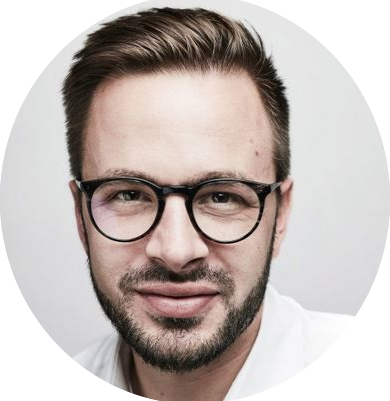
Dr. Joschka Philipps
Junior Research Group Leader
University of Bayreuth
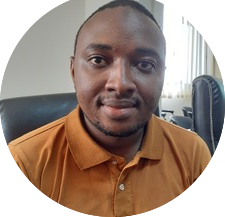
Saïkou Oumar Sagnane
University of Bayreuth
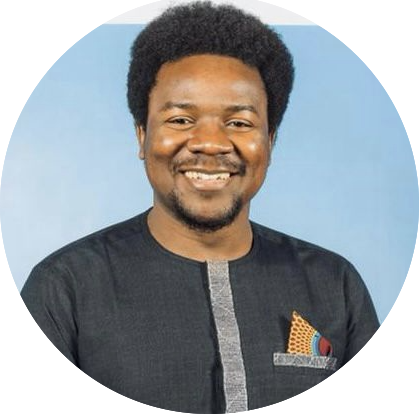
Kingsley Celestine Jima
University of Bayreuth

Bilal Sow
Cinematographer
Conakry, Guinea
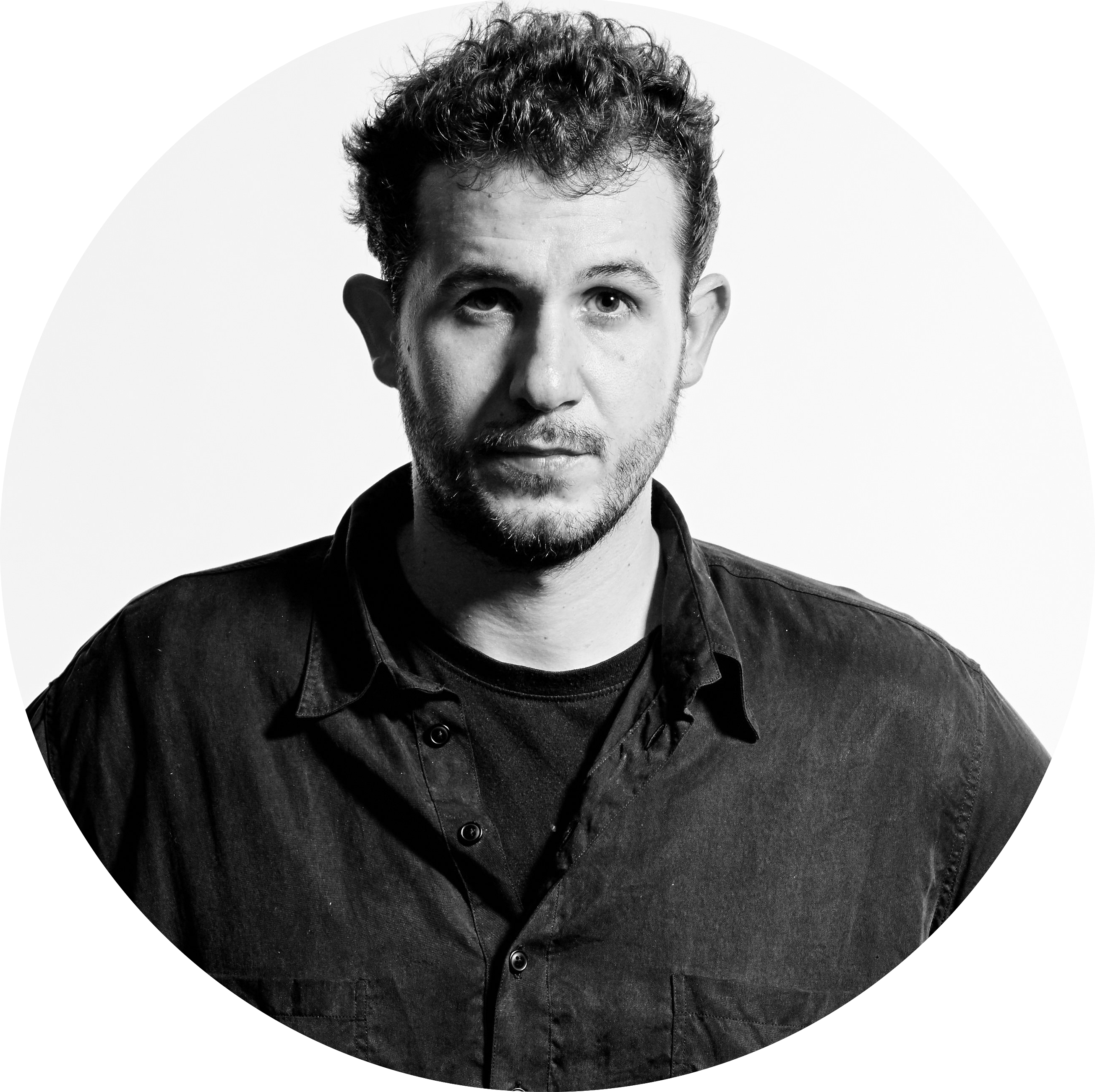
Aurélien Gillier
Photographer
Bordeaux, France
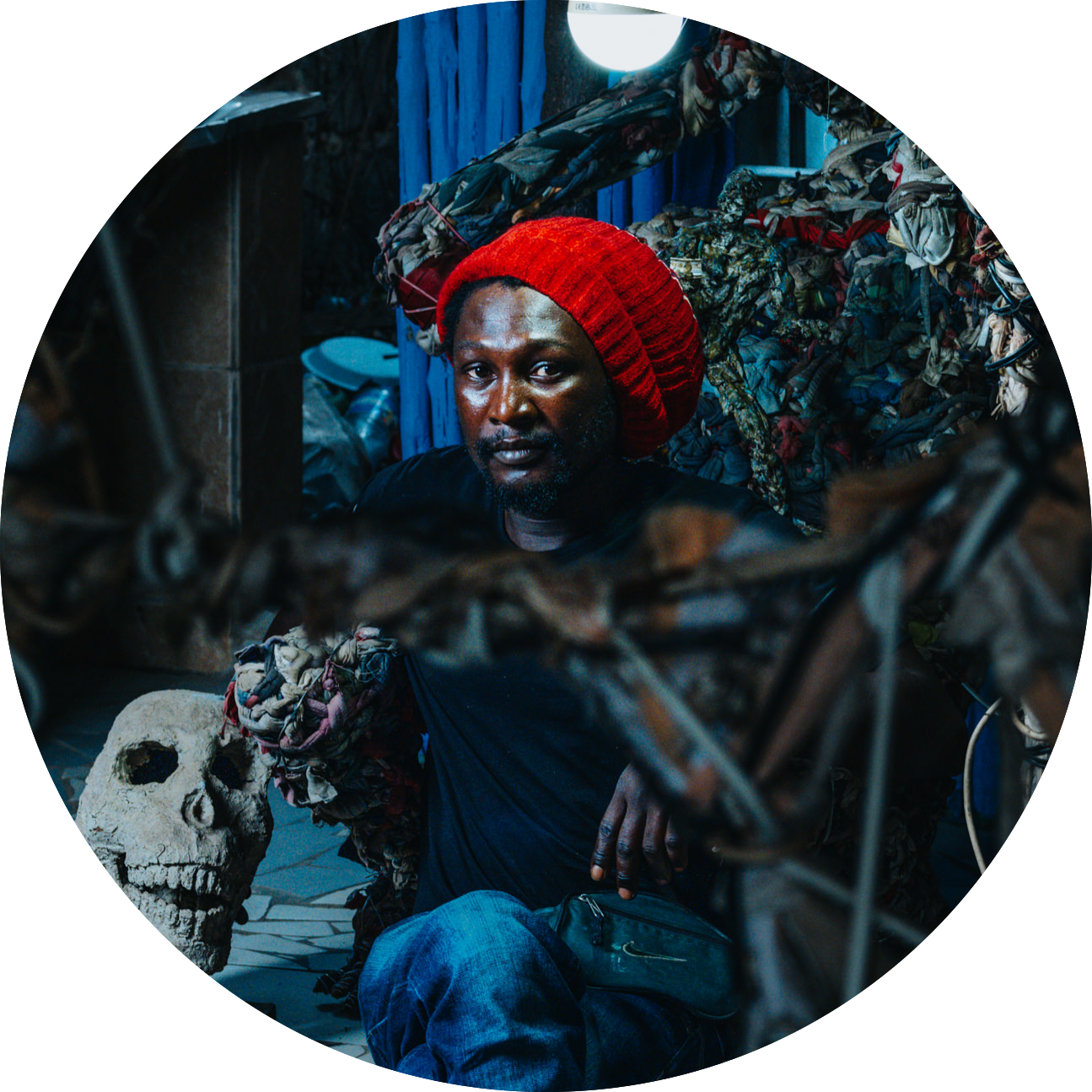
Sékou Oumar Thiam
Sculptor and Painter
Conakry, Guinea
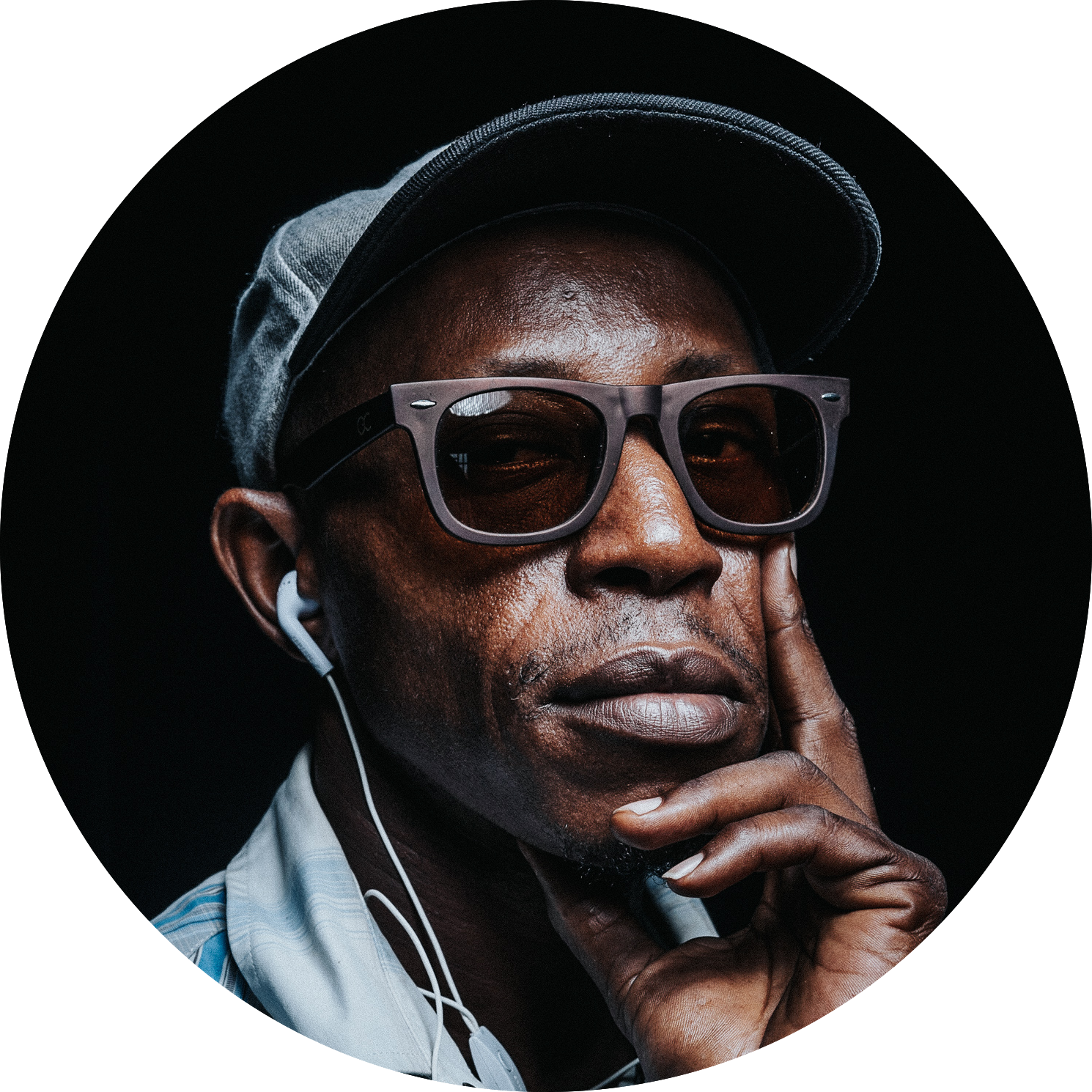
Ams Keushe
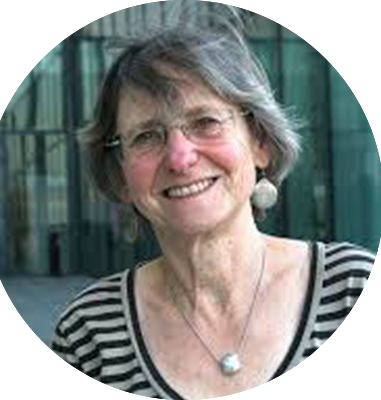
Dr. Odile Goerg
Paris, France
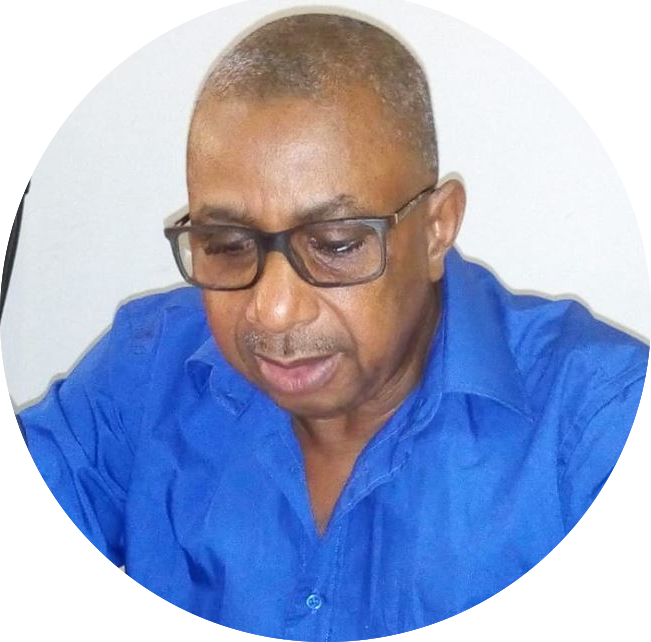
Dr. Bano Bary
Munich, Germany
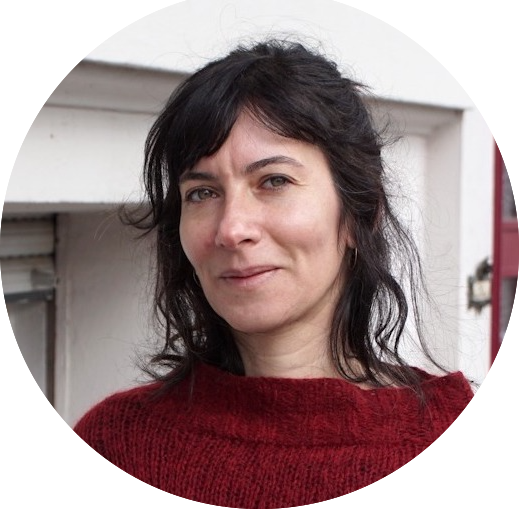
Dr. Tuline Gülgönen
Critical Cartographer
Berlin, Germany
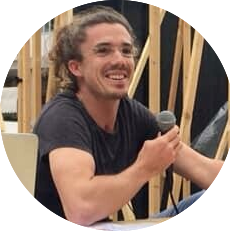
Paul Schweizer
Critical Cartographer
Basel, Switzerland
Further Links / Key References
- Philipps, Joschka, A. Amadou Bano Barry, and Saïkou Oumar Sagnane. 2023 (forthcoming). ‘Les bruits qui courent. Rumeurs et informations autour du coup d’État en Guinée en 2021’. Politique Africaine.
- Boukari, Oumarou, and Joschka Philipps. 2023. ‘« Complòóót? » Theorizing about Covid-19 Conspiracies in Côte d’Ivoire’. Pp. 114–27 in Conspiracy Theories and the Coronavirus Pandemic, edited by P. Knight and M. Butter. London: Routledge.
- Philipps, Joschka, and Saïkou Oumar Sagnane. 2023. ‘A Disease of the Rich and a Disease of the Poor. Comparing Rumors about the Coronavirus and Ebola in Guinea’. Pp. 128–42 in Conspiracy Theories and the Coronavirus Pandemic, edited by P. Knight and M. Butter. London: Routledge.
- Philipps, Joschka, and Aurélien Gillier. 2023 (forthcoming). ‘Modalities of Theorizing. Conspiracy Theories, Concepts and Imagination’. University of Bayreuth African Studies Online Series.
- Philipps, Joschka. 2023 (forthcoming). ‘Whose uncertainties? Post-truth politics in a transnational biography’. Historical Social Research.
- Find more information on the project here: https://www.africamultiple. uni-bayreuth.de/en/JRG/Politics-of-the-Unknown/ index.html
Research section
Moralities
Duration
03/2021-12/2025
Project leader
Dr. Joschka Phillips
People involved:
PHD STUDENTS and THESES
- Saïkou Oumar Sagnane: “Changement de régime et transition militaire inattendus en République de Guinée. Circulation d’informations, incertitude et ambigüité.” (JRG Politics of the Unknown, since 07/2021)
- Kinsley Celestine Jima: “Politics of the Unknown Gunmen. Television Reporting on Banditry in North-west Nigeria” (JRG Politics of the Unknown, since 12/2021)
- Paala Tougba: “Financement des groupes armés anti-étatiques au Burkina Faso : rumeurs, vérités et incertitudes.” (PhD student at the ACC Ouagadougou, Université Joseph Ki-Zerbo, since 10/2021)
Other members:
- Photographer AURÉLIEN GILLIER
- Critical (or “Counter-“) Cartographers PAUL SCHWEIZER AND TULINE GÜLGÖNEN
- Video Artists: YELEEN STUDIO (CONAKRY, GUINEA)
For further information: please check this link (to be updated soon)


